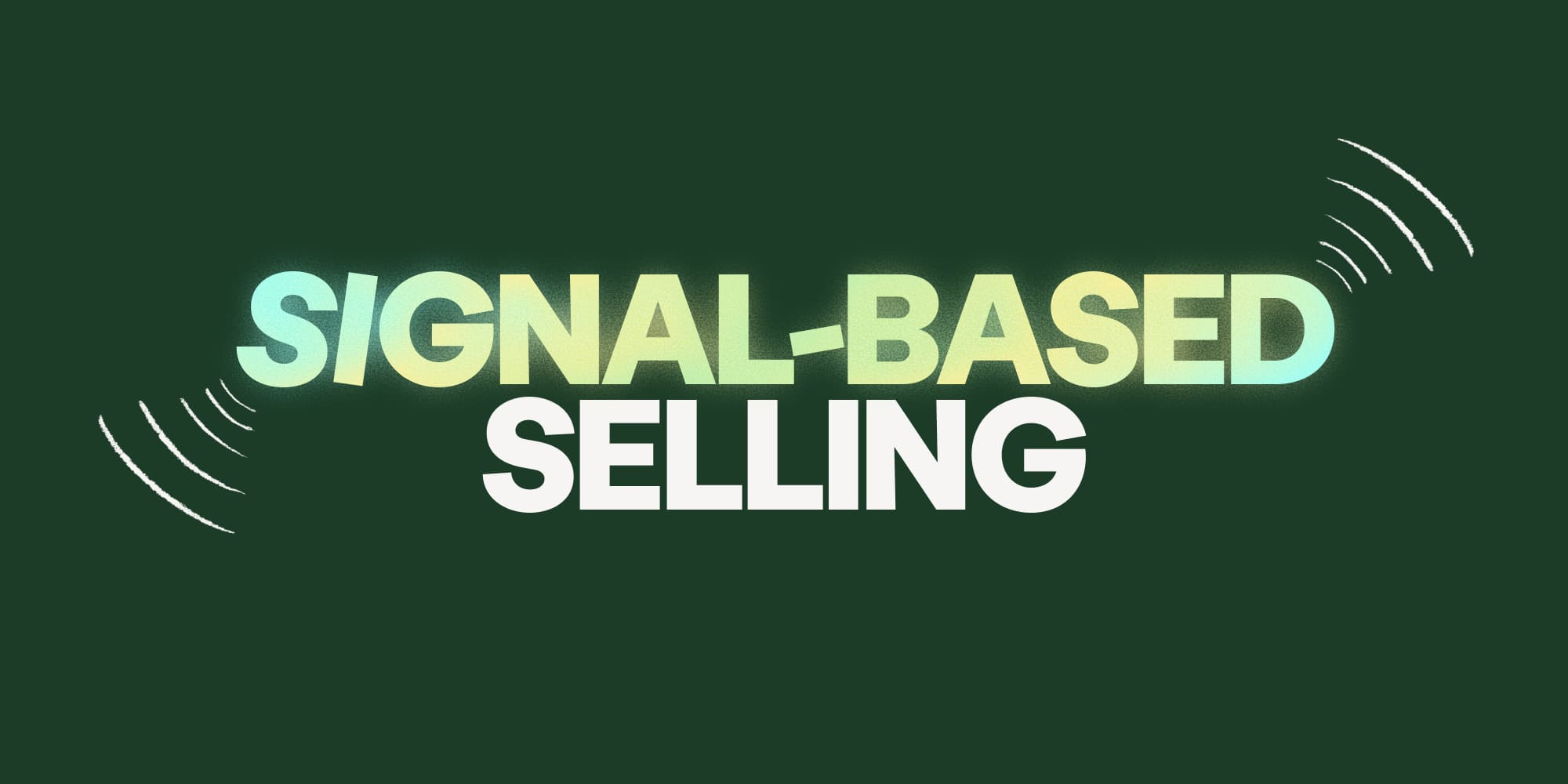Is cold email spam? How to keep your outreach compliant
•
April 2, 2024

What’s the difference between cold email and spam email? When do cold emails become spam? And how do you stop this from happening?
Don’t panic: the cold emails you send aren’t automatically spam!
But considering that all marketing and sales teams have a legal obligation to respect recipients’ data and privacy, it’s important that you understand the difference between the two concepts - and where the line between them is located.
Let’s look into the definitions of cold emails and spam emails in a little more detail and explore how we should handle them.
What's the difference between cold email and spam?
Spam, often characterized by mass distribution of irrelevant or deceptive content, aims to reach as many recipients as possible without regard for their personal identity or context. Spam emails are completely unsolicited and characterized by irrelevant, low-value content.
“Spam” is not strictly a legal term, but depending on the recipients’ region, individual examples of spam email may indeed break privacy laws.
On the other hand, cold email involves targeted outreach to specific individuals or businesses based on predefined criteria with the aim of initiating a meaningful conversation or business relationship.
Nevertheless, if you fail to provide meaningful or relevant content in your cold emails, you can be labelled as spam (either by your recipient or their email service provider).
Understanding the difference between these concepts is crucial for marketers and seller who want to ensure their email campaigns are compliant with regulations and ethical standards.
Bulk emailing and cold emailing are incredibly useful tactics for scaling your outreach, but you need to be mindful you don’t end up being labeled as spam!
Is cold email legal?
Despite common misconceptions, cold emailing is legal in many jurisdictions, including the United States, because “unsolicited” and commercial emails are not strictly illegal.
However, it's essential you understand and comply with regional regulations to avoid being classified as spam and facing potential penalties.
One of the key pieces of legislation governing commercial email communication is the CAN-SPAM Act, enacted in 2003. We’ll show you how to stay on the right side of this law below.
Understanding spam email laws and regulations
Overview of the CAN-SPAM Act
The CAN-SPAM Act sets out several requirements that you must adhere to when sending commercial emails.
These include:
- Include an opt-out method: Recipients must be provided with a clear and straightforward way to opt out of receiving further emails from the sender. A simple unsubscribe link will do, or else include obvious instructions on how to request removal from your email list.
- Process opt-outs within 10 days: Upon receiving an opt-out request, marketers are required to promptly remove the recipient from their email list within 10 business days. Failure to do so can result in non-compliance with the law.
- Don’t use misleading subject lines: Subject lines and email content must accurately reflect the purpose and content of the message. Deceptive or misleading subject lines are prohibited under the CAN-SPAM Act and can lead to violations. Be especially careful not to exaggerate or overdo the urgency of your subject line language, because certain terms and phrases will be flagged automatically.
- Be authentic: Senders must accurately represent their identity and company in the "From" and "Reply to" fields of the email. Using deceptive tactics to mask your identity or circumvent email filters is strictly prohibited.
- Include your business address in the email: Every commercial email must contain the sender's physical mailing address, typically in the footer or signature of the message. This helps establish transparency and proves that you’re a real business, but it allows recipients to contact your company if needed.
This is not an exhaustive list of the CAN-SPAM requirements, so be sure to check them out in more detail before you dive into your bulk email campaigns. You should also check out our general deliverability best practices to make sure your mailboxes and domains are in good shape for high volume outbound!
GDPR requirements on cold email vs spam
The General Data Protection Regulation (GDPR) in Europe imposes additional rules, such as:
- Lawful basis for processing: You need either consent or a legitimate interest for sending cold emails.
- Data subject rights: Recipients have rights to access, rectify, and erase their data.
Privacy by design: Incorporate privacy principles into your email practices from the start.
Why staying compliant with cold email laws matters
Complying with cold email laws is a non-negotiable for multiple reasons:
- Avoiding legal issues: Failure to comply with data or privacy regulations can lead to costly fines or legal battles, which can be crippling for small or medium-sized companies.
- Protecting deliverability: Keeping your emails compliant helps protect your sender reputation to ensure your emails reach their intended recipients.
- Maximizing outbound impact: Allowing your cold email campaigns to slip into spam will only hurt the effectiveness of your outbound campaigns and eat into your ROI!
- Nurturing customer relationships: Compliance is something your prospects take seriously and will influence the way they view your brand. Maintaining high ethical standards helps you build a credible and trustworthy brand reputation that will make customers feel safe associating with you in the long-term.
Key practices to keep cold email outreach legal
On top of the requirements above, there are a number of best practices you should follow to make sure your cold emails are always relevant to your audience:
- Personalize, personalize, personalize: Tailor email content to your prospect's interests, preferences, and needs to maximize relevance and your chances of getting a reply.
- Prove your value proposition: Communicate your solution’s value proposition clearly and credibly, and make sure you underline how it addresses your prospect’s particular pain points or challenges.
- Be human: Maintain authenticity and transparency in your email communication. Your tone of voice should be personable and approachable so prospects don;t feel like they’re talking to a robot.
- Target your outreach: Focus on targeting specific individuals or businesses that align with your ideal customer profile, or segmenting your campaigns for different audience groups. Prospects want to be treated as individuals, not one in a thousand mass email recipients.
- Obtain consent for your marketing: Whenever possible, it never hurts to obtain consent from prospects before you send them marketing emails. Not only does this keep you compliant with privacy regulations; it also increases your chances of positive engagement and keeps your email lists clean and relevant.
Does cold email still work?
Despite the challenges associated with email deliverability and being flagged as spam, yes, cold email campaigns can be highly effective when executed properly.
The key is to be aware of the legislation in your target regions and to adopt the right best practices to keep your outreach compliant.
Leveraging accurate data, email hygiene tools, and personalized messaging will also help you avoid spam and focus on fostering meaningful connections with potential prospects. Check out how Amplemarket can help you scale your email engagement sustainably and safely and keep your outbound in the green!
FAQs on cold email vs spam
Is writing a cold email the same as spamming the inbox?
Your cold emails should never be spam! Cold emails should be intentional in their messaging but relevant to the recipient, while spam emails tend to be generic, unwarranted, or outright deceptive. Good cold emails provide real value to the reader, are personalized to the recipient’s interests, and are transparent about their purpose.
Is cold emailing a bad idea?
Cold emailing is only a bad idea if you don’t have a sound email strategy or infrastructure to support your outreach efforts. Strategically, you need to understand how to approach your target audience and craft personalized messaging that resonates with their pains. You may also need to invest in mailbox management software or data tools to scale your outbound without running into deliverability issues.
How do I send a cold email without going to spam?
There’s no sure-fire way to avoid spam, but you can reduce the risk by being strategic and intentional in your cold emailing. You need to make sure your mailboxes are fully warmed up so your sender reputation is primed for outbound, use reliable contact data to keep bounces to a minimum, and mitigate against any potential deliverability issues before they escalate. When it comes the emails themselves, make sure you turn off tracking, keep links and media to a minimum, and keep varying your content so it doesn’t get flagged as mass outreach.
Is cold emailing against GDPR?
In principal, cold emailing does not contravene GDPR regulations. GDPR is only relevant in terms of how businesses collect and use personal data for engagement purposes, so provided you have a legitimate reason to reach out and include a clear opt-out method, your cold emails should be compliant.
Subscribe to Amplemarket Blog
Sales tips, email resources, marketing content, and more.










